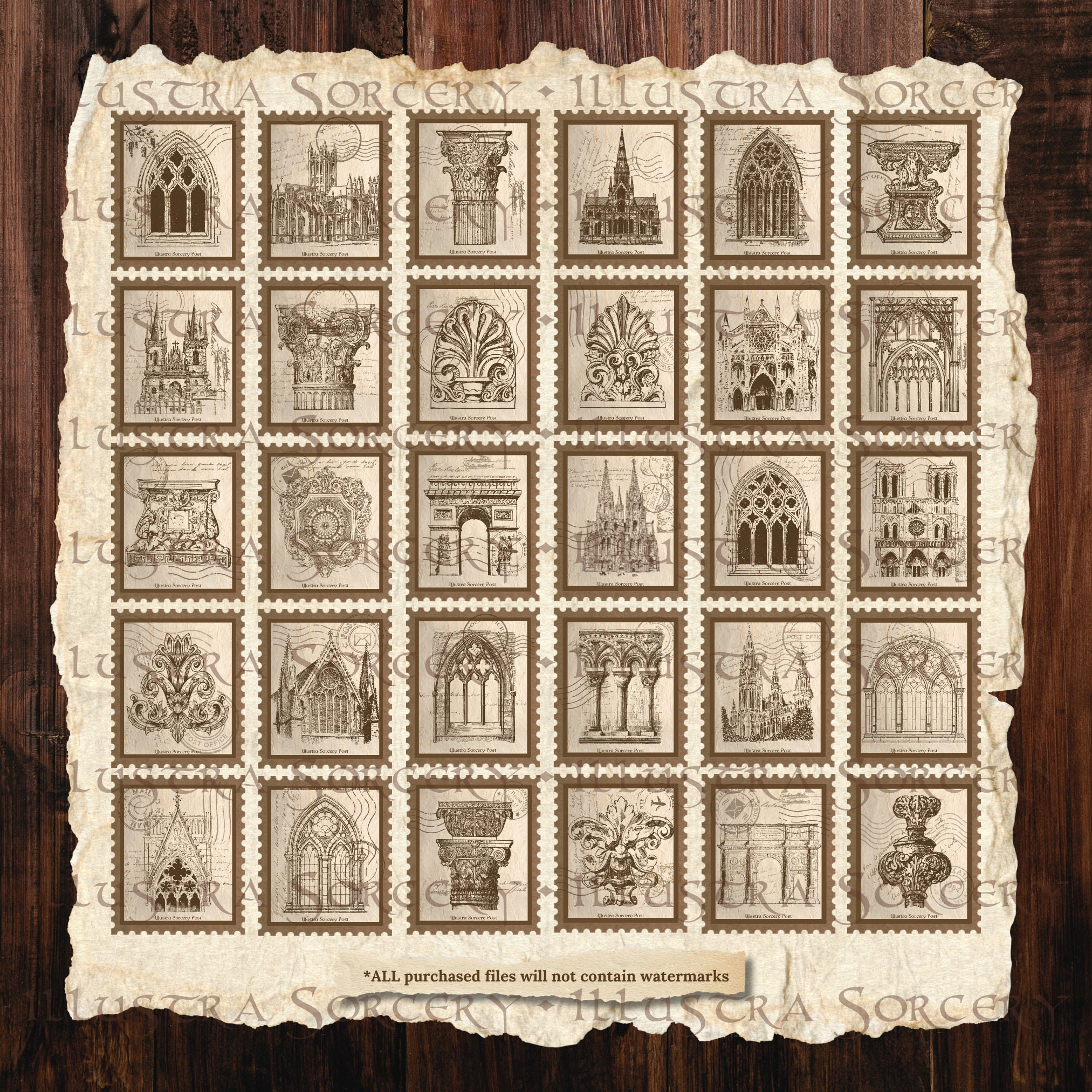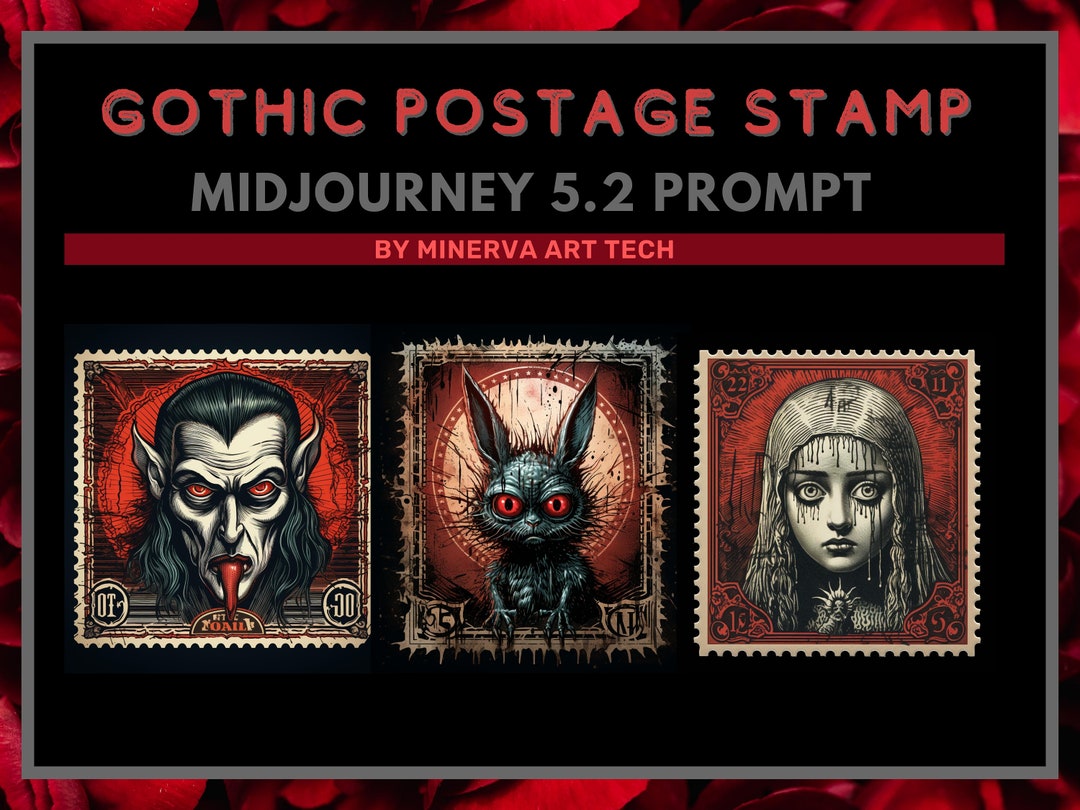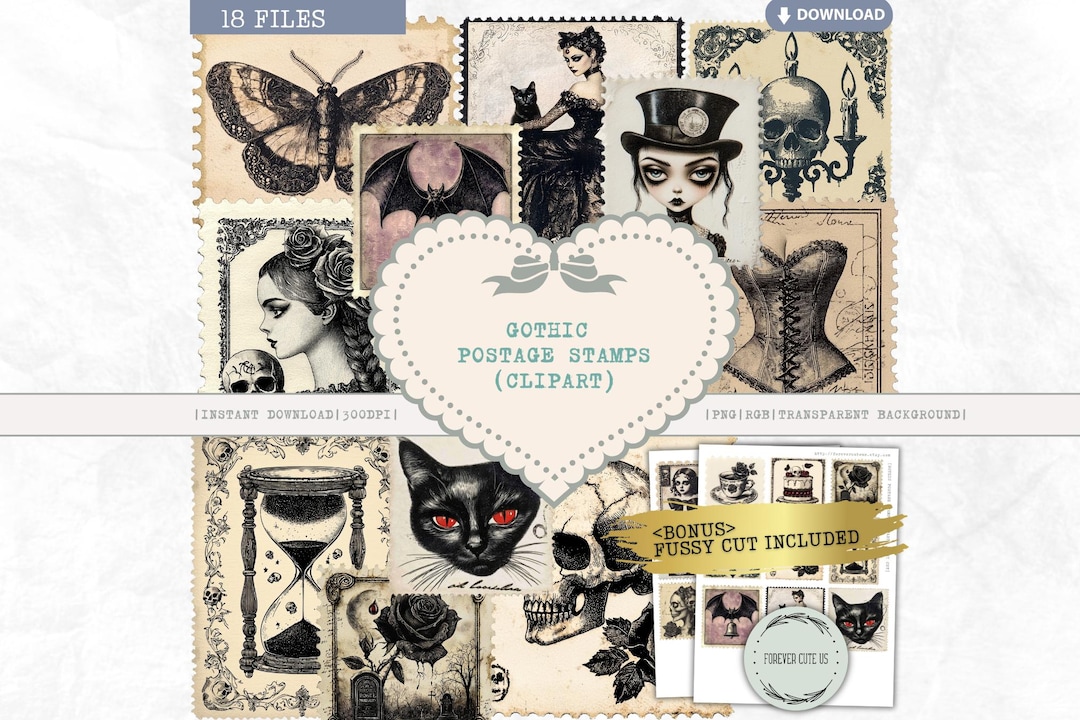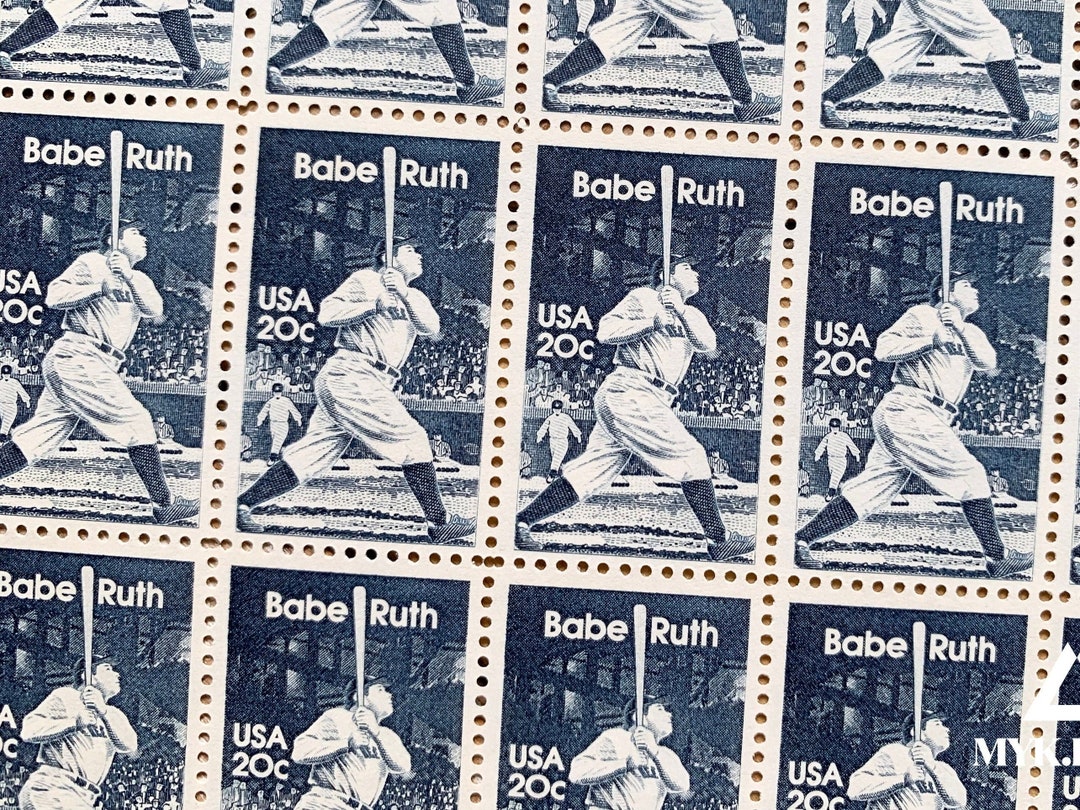I got a call back from the nursing home around noon and they gave me a time to be there etc. I sat with 2 people - helping them see their bingo cards. The lady reminded me of my mom. Had some of the same gestures and the same kind of easy going attitude mom had after she had dementia. Puzzled by what's going on but still in a good mood. Trying her best to figure it all out. The other person was a guy who I have known about all my life but never met. He became paralyzed on his left side when he was building this house that we live in now. Fell off the roof and hit his head. This would have been around the time I was 5 or 6 years old. He actually had quite a successful life after that mainly using just his right arm and with a limp. Started his own woodworking cabinet business. Dave had been into his shop and knew him, had told me his story years ago. He was relating to me how recently he was holding (I think it was) a great, great grandbaby and how wonderful it was. I find these old folks impressive. They are still hanging in there - playing bingo, joking around with each other, doing the best they can with what they got.

These are pictures that I started with the splotchy paint and then Jordan and Roswell drew the lines later. Jordan's Fish (wow!) and Roswell's Bubbles.

On Sunday Jules (he's tall) helped me hang the white curtain on the south side of the porch (it shields the porch from the summer afternoon sun) and put up a new string of rainbow flags.
Saw a weird thing when Dave and I were walking the dogs to the creek this evening. Just in one spot of the trail to the creek the grass had tiny drops of water on the very tips. They were shining with the evening sun backlighting them. But it was only in one spot of grass about 5' by 20'. Nowhere else. Very tiny drops. The water had to have oozed out of the tips somehow. Anyway, it was a pretty effect.

These are pictures that I started with the splotchy paint and then Jordan and Roswell drew the lines later. Jordan's Fish (wow!) and Roswell's Bubbles.

On Sunday Jules (he's tall) helped me hang the white curtain on the south side of the porch (it shields the porch from the summer afternoon sun) and put up a new string of rainbow flags.
Saw a weird thing when Dave and I were walking the dogs to the creek this evening. Just in one spot of the trail to the creek the grass had tiny drops of water on the very tips. They were shining with the evening sun backlighting them. But it was only in one spot of grass about 5' by 20'. Nowhere else. Very tiny drops. The water had to have oozed out of the tips somehow. Anyway, it was a pretty effect.

 Have a blessed one!
Have a blessed one!




 have a great one!
have a great one! 


 found a new theme! and
found a new theme! and 


![IMG_20250705_185738382_HDR[1].jpg IMG_20250705_185738382_HDR[1].jpg](https://ic.pics.livejournal.com/egg_shell/1265782/5396762/5396762_original.jpg)
![IMG_20250705_191433157[1].jpg IMG_20250705_191433157[1].jpg](https://ic.pics.livejournal.com/egg_shell/1265782/5397136/5397136_original.jpg)



 and TWO:
and TWO: 


 and TWO:
and TWO:  Happy I day, take care...
Happy I day, take care...

![IMG_20250703_115059742[1].jpg IMG_20250703_115059742[1].jpg](https://ic.pics.livejournal.com/egg_shell/1265782/5394755/5394755_original.jpg)

